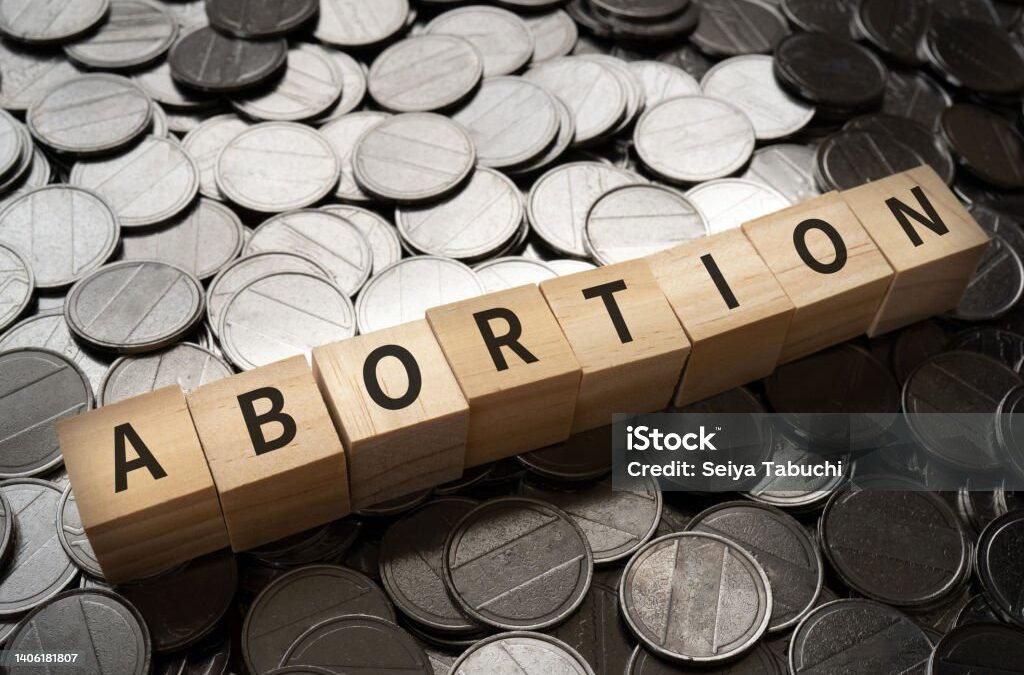The Ethical and Religious Directives (ERDs) control access to specific services based only on religious beliefs, not medical science
Medical facilities owned or affiliated with the Catholic Church are subject to the Ethical and Religious Directives, a list of 77 specific types of service that are not allowed in these institutions. Created by clergy with no medical background, they are specific religious beliefs, most not held by the majority of patients at these facilities.
Here are some of the services blocked by the ERDs:
- #70 – Abortion is forbidden
- #36 – No exceptions, rape, incest or age.
- #50 – No intervention allowed for serious fetal defects
- #45 – Miscarriage care: Denies termination if there is a fetal heartbeat
- #48 – Ectopic pregnancy: no intervention
- #61 – Suffering at the end of life is considered “redemptive suffering”
- #5 – No contraception
- #42 – No surrogacy
- #53, #70 – No tubal ligations or vasectomies
- #38, #39, #41- No infertility treatments
Gender affirming care: Gender is assigned at birth by God. Guidance in “Respecting the Fundamental Order of the Human Body” was released in March 2023 and further outlines the Church’s stance on this subject. Surgical intervention is characterized as “body mutilation”.
The ERDs have been extended to clarify that they apply to affiliated facilities – not just those owned by the Catholic Church:
- #70- Catholic organizations cannot engage…in actions that are intrinsically immoral: abortion, assisted suicide, and direct sterilization
- #77- If institutions that are wrongly cooperating with “immoral” procedures the local bishop should be immediately notified
- #70/73/74. No collaboration with other health care providers that compromises Catholic social and moral teaching
- #6 – ERDs apply to all health care given in Catholic or affiliated facilities including mergers
- #28 Informed consent only in accordance with Catholic principles
- #8/9 Holds accountable all employees to ERDs

